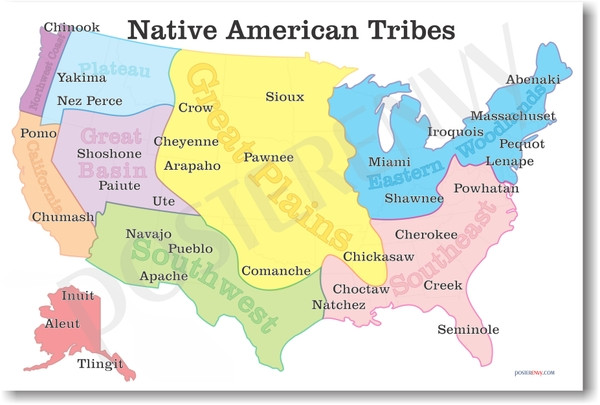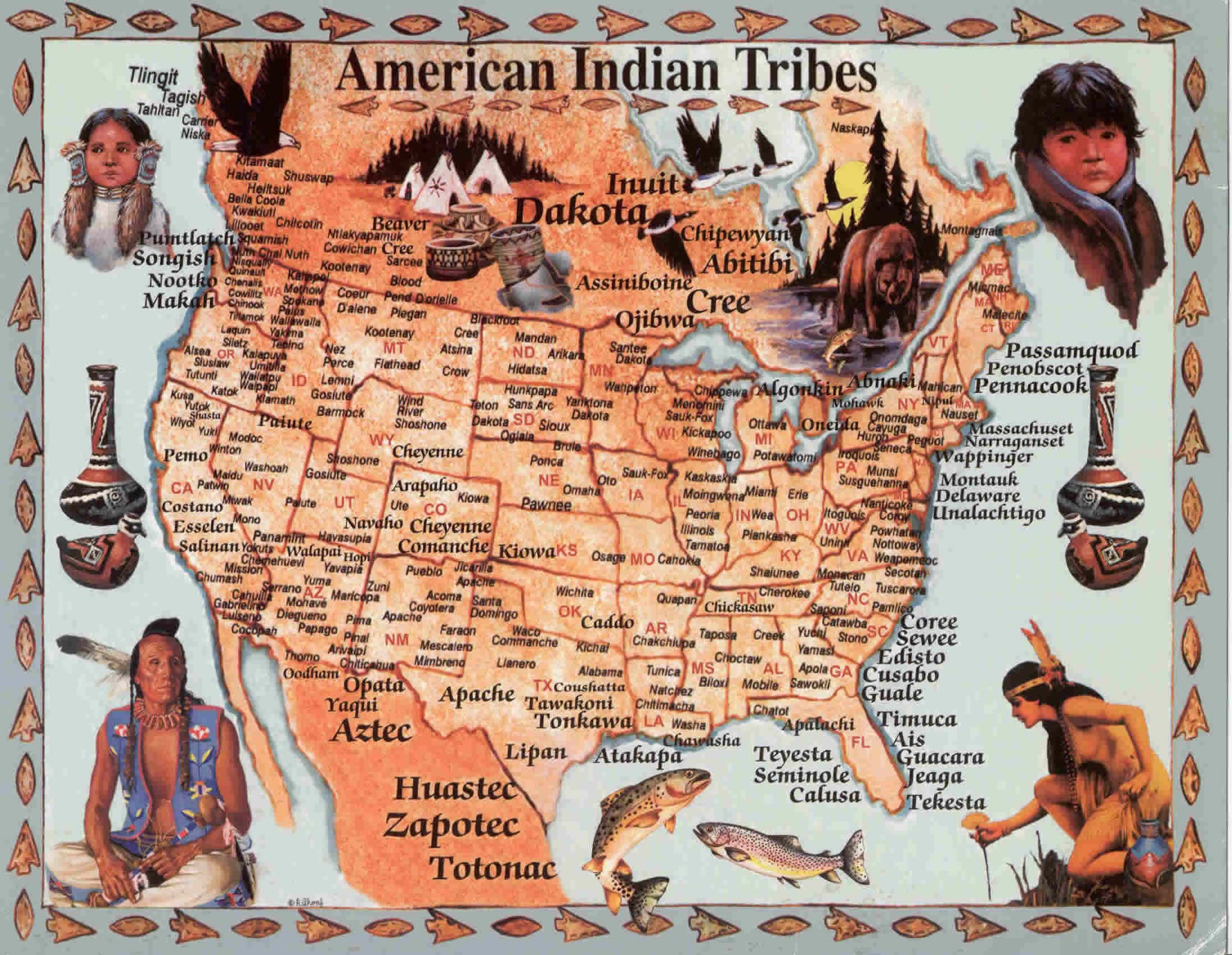Michigan’s First People: A Look at the Indigenous Tribes Who Called This Land Home
Michigan’s First People: A Look at the Indigenous Tribes Who Called This Land Home

Michigan, with its vast stretches of forests, sparkling lakes, and rich history, is a land steeped in the stories and traditions of its original inhabitants. Long before European settlers arrived, a tapestry of diverse Indigenous tribes thrived in this region, each with their own unique culture, language, and connection to the land.
This article delves into the fascinating world of Michigan’s Indigenous tribes, exploring their rich heritage, struggles, and enduring legacy. We’ll meet the Anishinaabe, the Odawa, the Ojibwe, and the Potawatomi, learning about their distinct identities, cultural practices, and the challenges they faced in the face of colonization.
Related Articles: Michigan’s First People: A Look at the Indigenous Tribes Who Called This Land Home
- Unveiling the Heritage and Future of Indian Reservations in Oklahoma: A Map to Discover and Empower
- Unveiling the Largest Indian Tribe in Michigan: Discoveries and Insights Await
- California’s First People: A Tapestry Of Tribes
- Unlock the Enchanting World of American Indian Tribes in South Dakota
- Unveil the Indigenous Heritage of Texas: Discover the Number of Indian Tribes that Call the Lone Star State Home
The Anishinaabe: Guardians of the Great Lakes
The Anishinaabe, meaning "original people," are a large and diverse group of Indigenous peoples who have inhabited the Great Lakes region for centuries. In Michigan, they are represented by several distinct tribes, including the Odawa, Ojibwe, and Potawatomi.
Odawa: Keepers of the Straits
The Odawa, also known as the Ottawa, are known for their strong connection to the Straits of Mackinac, a vital waterway that served as a gateway between Lake Huron and Lake Michigan. They are renowned for their skilled craftsmanship, particularly in the art of birchbark canoes, which they used for transportation, trade, and fishing.
The Odawa played a significant role in the fur trade, establishing trading posts along the Straits and interacting with European explorers and traders. Their cultural practices, including storytelling, music, and traditional ceremonies, are deeply intertwined with the natural world, reflecting their respect for the land and its resources.
Ojibwe: Masters of the Woodlands
The Ojibwe, sometimes called the Chippewa, are the largest of the Anishinaabe groups in Michigan. Their territory spans across the northern part of the state, encompassing vast forests and numerous lakes. The Ojibwe are known for their expertise in hunting, fishing, and gathering, relying on the bounty of the woodlands for their sustenance.
They are also renowned for their intricate beadwork, quillwork, and birchbark basketry, which are expressions of their artistic talent and cultural identity. The Ojibwe language, with its rich vocabulary and poetic expressions, reflects their deep understanding of the natural world and their interconnectedness with all living things.

Potawatomi: Keepers of the Fire
The Potawatomi, meaning "people of the place of the fire," originally occupied the southern and western regions of Michigan. They were known for their agricultural skills, cultivating corn, beans, and squash, which formed the basis of their diet. They also excelled in pottery, weaving, and basketry, showcasing their ingenuity and craftsmanship.
The Potawatomi played a crucial role in the fur trade, establishing trading partnerships with European settlers. However, they faced significant challenges due to the encroachment of settlers on their lands, leading to forced removals and the displacement of their people.
The Legacy of Resilience: Overcoming Challenges and Preserving Culture
The Indigenous tribes of Michigan have faced numerous challenges throughout history, including colonization, forced removals, and assimilation policies. Despite these hardships, they have persevered, maintaining their cultural traditions and fighting for their rights.

The Struggle for Recognition and Self-Determination
Throughout the 19th and 20th centuries, Indigenous tribes in Michigan faced significant pressure to assimilate into mainstream society. Their languages, cultural practices, and traditional ways of life were often suppressed or ridiculed. However, in recent decades, there has been a growing movement for Indigenous self-determination and cultural revitalization.
Reclaiming Identity and Language
Many Indigenous communities in Michigan are actively working to reclaim their languages, which were once forbidden in schools and government institutions. Language immersion programs, cultural festivals, and traditional ceremonies are helping to revitalize these vital aspects of their cultural heritage.
Economic Development and Self-Governance

Indigenous tribes in Michigan are also striving to achieve economic self-sufficiency and self-governance. They are establishing tribal businesses, promoting tourism, and advocating for their rights to manage their own resources.
The Importance of Understanding and Respect
Understanding the history and culture of Michigan’s Indigenous tribes is essential for fostering a more inclusive and respectful society. It is important to acknowledge the injustices they have faced and to celebrate their resilience and contributions to the state’s rich cultural tapestry.
A Continued Journey of Healing and Reconciliation
The journey of healing and reconciliation between Indigenous communities and the broader society is ongoing. It requires open dialogue, mutual respect, and a commitment to understanding and honoring the shared history of this land.
FAQs: Unraveling the Mysteries of Michigan’s Indigenous Tribes
1. What are the primary languages spoken by Indigenous tribes in Michigan?
The primary languages spoken by the Anishinaabe tribes in Michigan are Odawa, Ojibwe, and Potawatomi. These languages are distinct but share common roots and are part of the Algonquian language family.
2. What are some of the key cultural practices of the Indigenous tribes in Michigan?
Indigenous tribes in Michigan have rich cultural traditions that include storytelling, music, dance, traditional ceremonies, and crafts such as beadwork, quillwork, and birchbark basketry. These practices reflect their deep connection to the land and their spiritual beliefs.
3. What are some of the significant historical events that have impacted Indigenous tribes in Michigan?
Significant historical events that have impacted Indigenous tribes in Michigan include colonization, forced removals, assimilation policies, and the loss of their traditional lands. These events have had a profound impact on their cultural practices, languages, and overall well-being.
4. How can I learn more about the Indigenous tribes of Michigan?
There are numerous ways to learn more about the Indigenous tribes of Michigan. You can visit tribal museums, attend cultural events, read books and articles, and engage in dialogue with tribal members. It is important to approach this learning with respect and a desire to understand their perspectives.
5. What can I do to support the Indigenous tribes of Michigan?
There are many ways to support the Indigenous tribes of Michigan. You can patronize tribal businesses, attend cultural events, donate to tribal organizations, and advocate for their rights. By showing your support, you can help them preserve their cultural heritage and achieve self-determination.
Conclusion: A Tapestry of Resilience and Culture
The Indigenous tribes of Michigan are a vital part of the state’s history, culture, and identity. Their stories, traditions, and struggles remind us of the importance of respecting the land, honoring the past, and working towards a more inclusive future. By learning about their rich heritage, we can gain a deeper appreciation for the diversity and resilience of Michigan’s first people.

Closure
Thus, we hope this article has provided valuable insights into Michigan’s First People: A Look at the Indigenous Tribes Who Called This Land Home. We thank you for taking the time to read this article. See you in our next article!

